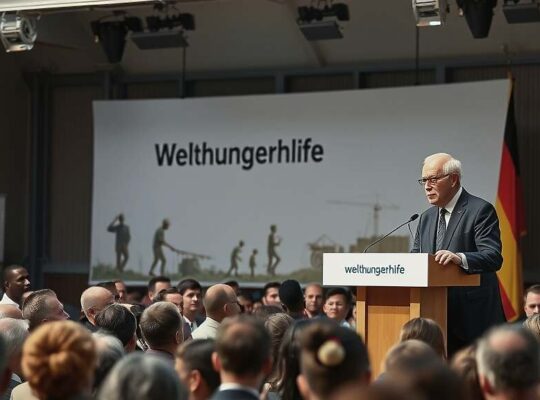A new study from the Ifo Institute and Econpol Europe has revealed a significant and often overlooked, burden shift associated with local business taxes in Germany, primarily impacting property owners while simultaneously hindering economic growth. The research, analyzing over 35 million property listings and 17,000 municipal tax reforms between 2008 and 2019, demonstrates that a considerable portion – approximately 26% – of the tax load ultimately falls upon those who own land and commercial properties.
The study illuminates a concerning phenomenon: while businesses may initially absorb the impact of local business tax increases, they frequently adjust production decisions and ultimately pass a substantial portion of the financial strain onto property owners. Co-author Pascal Zamorski explains that businesses respond to tax hikes by modifying their operations, subtly but definitively transferring costs to other stakeholders.
The economic consequences extend beyond simple cost shifting. Higher business taxes demonstrably dampen the growth of property values. A one percentage point increase in the tax rate translates, on average, to a 3% decline in commercial property prices within a four-year period. Residential property values also experience a noticeable slowdown, decreasing by 1-2%. Furthermore, wages are suppressed, falling by roughly 0.7%.
“The Gewerbesteuer disproportionately affects businesses and property owners” stated Ifo researcher David Gstrein, a co-author of the study. “The substantial price adjustments also highlight the considerable efficiency costs associated with corporate taxation. These costs manifest in reduced investment activity and even relocation of businesses, ultimately eroding local economic vitality.
The study’s extensive data set provides unprecedented insight into the intricate connections between municipal tax policies and real estate markets. The findings raise critical questions about the fairness and efficacy of the Gewerbesteuer system and its long-term impact on regional development. Economists are now urging policymakers to carefully reconsider the structure and implementation of local business taxes, with a focus on mitigating the unintended consequences for property owners and fostering a more sustainable investment climate. The research suggests that current policies may be hindering economic growth under the guise of revenue generation.












